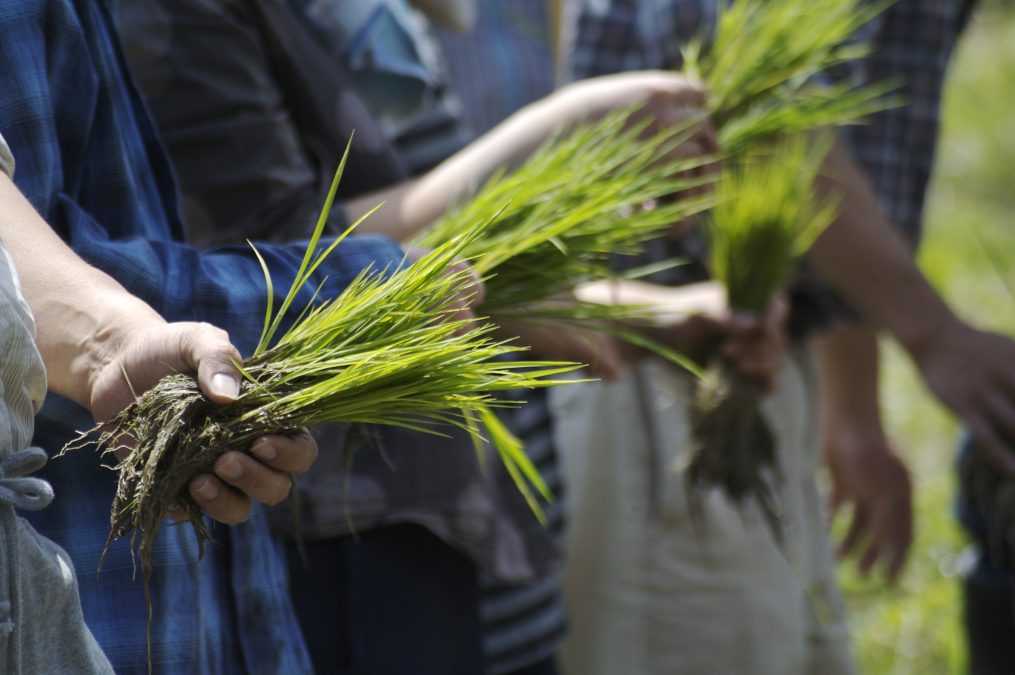
Recognized each year on April 22, the UN celebrates International Mother Earth Day. This annual event aims to raise awareness and appreciation for the Earth and the need for its protection, preservation, and sustainable stewardship for future generations. This year marks the third Mother Earth Day celebrated within the UN Decade on Ecosystem Restoration.
According to the UN, “Ecosystems support all life on Earth. The healthier our ecosystems are, the healthier the planet and its people.” By focusing on restoring damaged and degraded ecosystems, we can help end global poverty, fight climate change, and prevent mass extinction while safeguarding our planet’s unique and diverse biodiversity.
But we can only succeed if everyone plays a part in safeguarding our planet’s future. Our world is facing a myriad of challenges, including climate change, biodiversity loss, and soil degradation, which threaten the very foundations of our ecosystems and the well-being of all living beings. Still, there is hope and it lies in our ability to change and readjust our lifestyles in a way that is in tune and harmony with Mother Earth and her diverse and unique ecosystems.
One approach that we can embrace in ecosystem restoration is the implementation of agroecological practices like Natural Agriculture, a means of cultivating wholesome food with pure seeds and without the use of any fertilizers, chemicals, or additives.
As a member of the Satoyama Initiative, Shumei’s Shigaraki No Sato, a 6-acre demonstration farm in Japan’s Shiga Prefecture, provides a case study of Natural Agriculture practices, like cultivating indigenous rice varieties and promoting minimal intervention in farming, can revitalize biodiversity while preserving cultural Japanese heritage and surrounding ecosystems.
Natural Agriculture offers a pathway beyond conventional farming practices by emphasizing the harmonious relationship between humans and nature. Through this approach, farmers are encouraged to work in synergy with natural processes, respecting the inherent wisdom of ecosystems, fostering a deep understanding of the interconnectedness of all living beings, and cultivating practices that promote biodiversity and ecological resilience.
On this International Mother Earth Day, let’s reinforce the idea that each of us holds a distinct and integral part in protecting our planet and her ecosystems. It’s important to transition towards sustainable systems that coexist beneficially for both humanity and the Earth. Let’s advocate for a harmonious relationship between people and nature, shifting away from harmful chemical inputs and pave the way for a more mindful approach that acknowledges our interconnectedness with nature.
Together, we can restore the balance of our planet and create not only a healthier environment for ourselves and future generations but also foster a deeper appreciation for all life on Earth. By embracing sustainable practices and nurturing our planet, we pave the way for a more vibrant, resilient, and flourishing world where every living being thrives and coexists harmoniously. Happy International Mother Earth Day!
“The Earth is what we all have in common” – Wendell Berry

